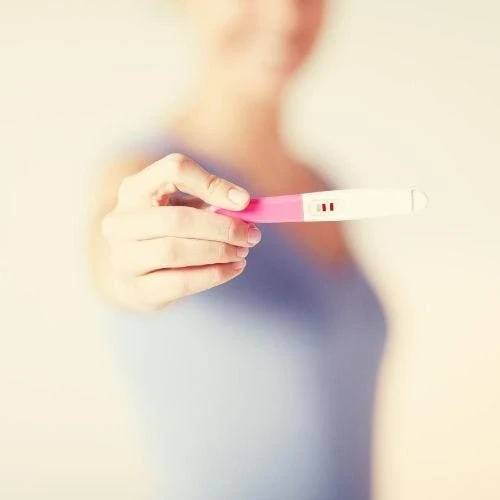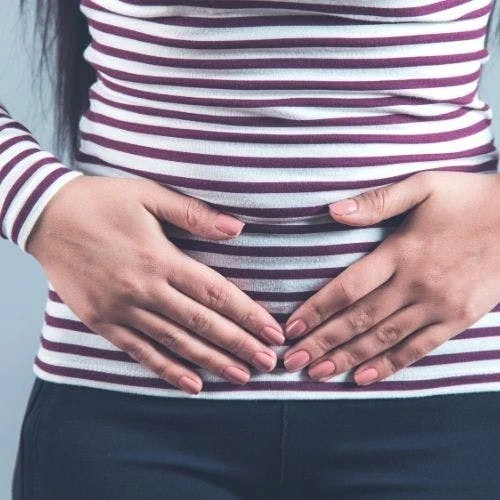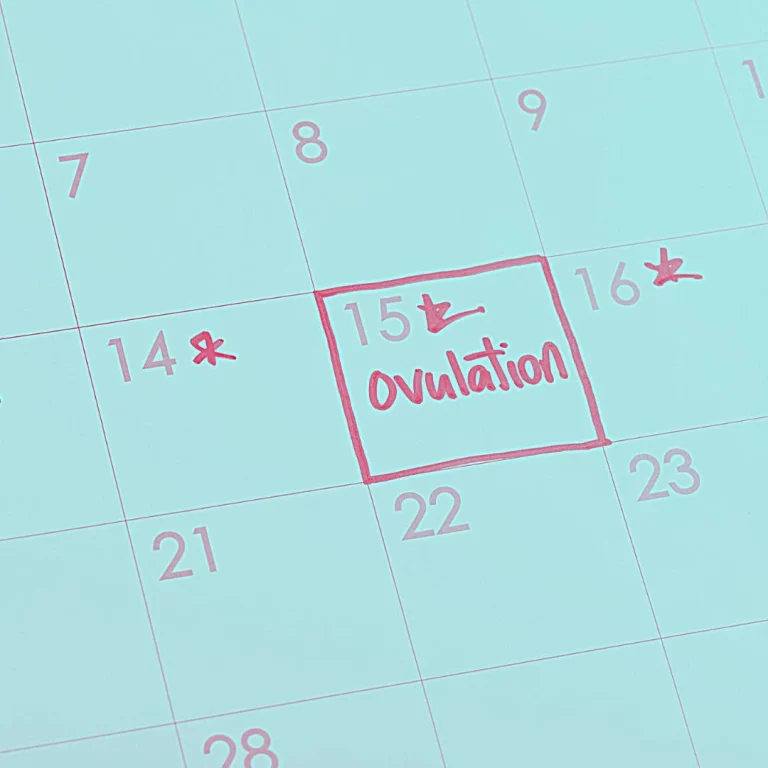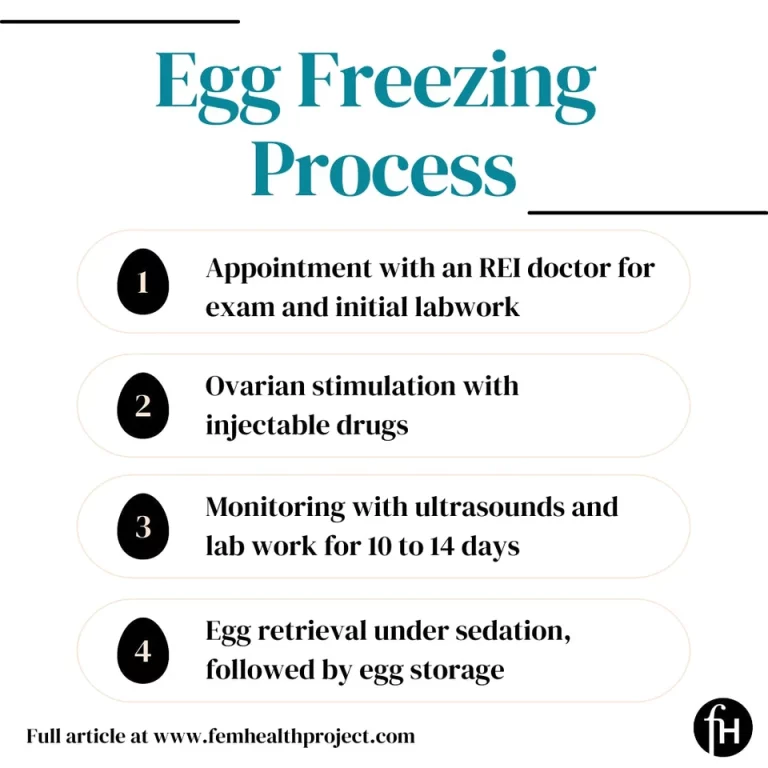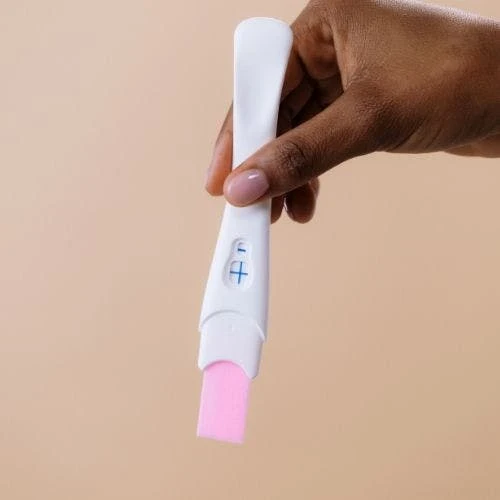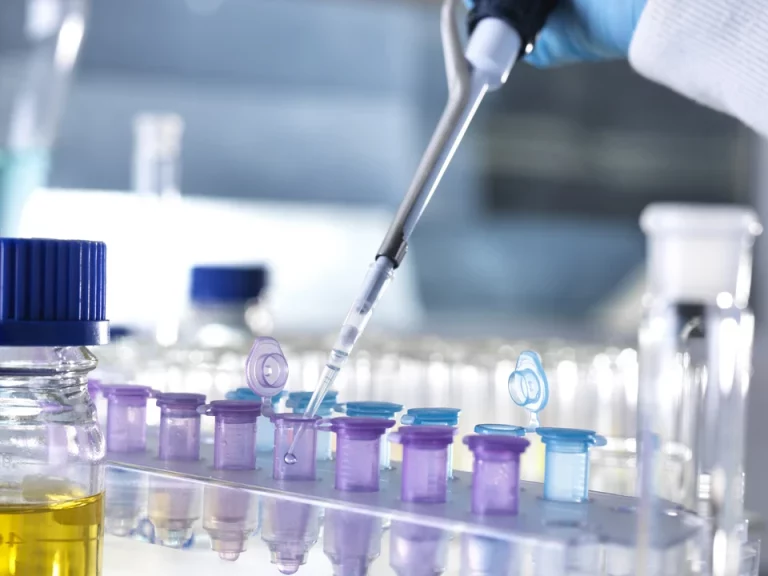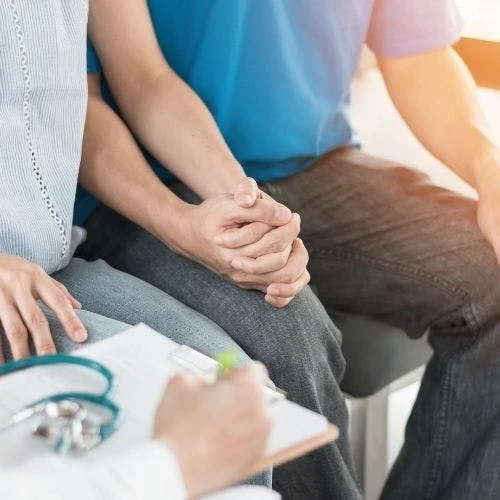Fertility by Age
Fertility by age – How Does Age Affect Fertility?
Fertility changes with age for both men and women. However, men’s fertility decreases to a lesser extent compared to women’s.
So, what is the change in fertility by age? For women, the peak reproductive period is between the late teens and late 20s. Fertility starts to decline as we reach 30, and it drops even faster once you reach your mid-30s.
After crossing 45 years of age, women’s reproductive potential has declined so much that getting pregnant can become difficult or lead to complications.
Why Age Affects Fertility
According to a PLoS One study, by age 35, women are only 12 percent likely to get pregnant within a specific three-month period, and by age 40, that number declines to 7 percent.
Fertility decreases with age because both the quality and number of eggs gets lower. An egg is transferred from the ovaries to the womb every month after puberty to menopause. When sperms bind with the egg in the womb, you get pregnant.
A woman’s body does not make new eggs every month. Instead, women are born with all the eggs they ever have. As you age, eggs get older naturally and progressively. This decline is gradual until early 30 but accelerates after the mid-30s.
Challenges of Later Childbearing
Older mothers often face difficulties like stillbirth, miscarriage, and babies with health issues. Such women are more likely to have a higher risk of complications, such as preeclampsia and gestational diabetes.
Related: PGT Testing: What Is Preimplantation Genetic Testing In IVF?
Pregnant women aged 40+ years develop a higher risk of preeclampsia. It is because they tend to have more health issues before getting pregnant compared to younger women. Regardless of this, studies have shown that older women can still have complicated pregnancies solely due to the age factor even without any health conditions.
Late childbearing is troublesome not only for the mother, but for the baby also. It increases the risk of having a baby with damaged, missing, or extra chromosomes. Down syndrome is one common chromosome issue associated with later childbearing.
Old-Age and Infertility Evaluation
The success rate of infertility treatments like IVF, egg freezing, and other fertility treatments is lower among older women than in younger women. On top of that, these could impose the risk of mental and physical health problems, especially if you already have a medical disorder, like diabetes or high blood pressure.
But, it does not mean you cannot get pregnant. Despite the challenges mentioned above, many women aged above 35 years and even 40 years have healthy pregnancies and babies. We just said that chances are less, but it’s not impossible.
Ideally, you should consult with a reputed gynecologist and fertility specialist and discuss your condition with them transparently. Seeing professional health care and receiving good prenatal care while you are pregnant can help a lot.
Final Words
Women’s reproductive potential progressively declines as women get older. But, the time and rate of decline vary widely in women. If you age 35 or above and want to get pregnant, you should obtain information and appropriate treatment while being realistic about everything.
By learning about your options, you will be in a better position to make the right decision.
We discuss products we think are useful to people. If you buy something through our links, we may earn a commission. Remember to check with your personal physician to see if a product recommended is right for you.


